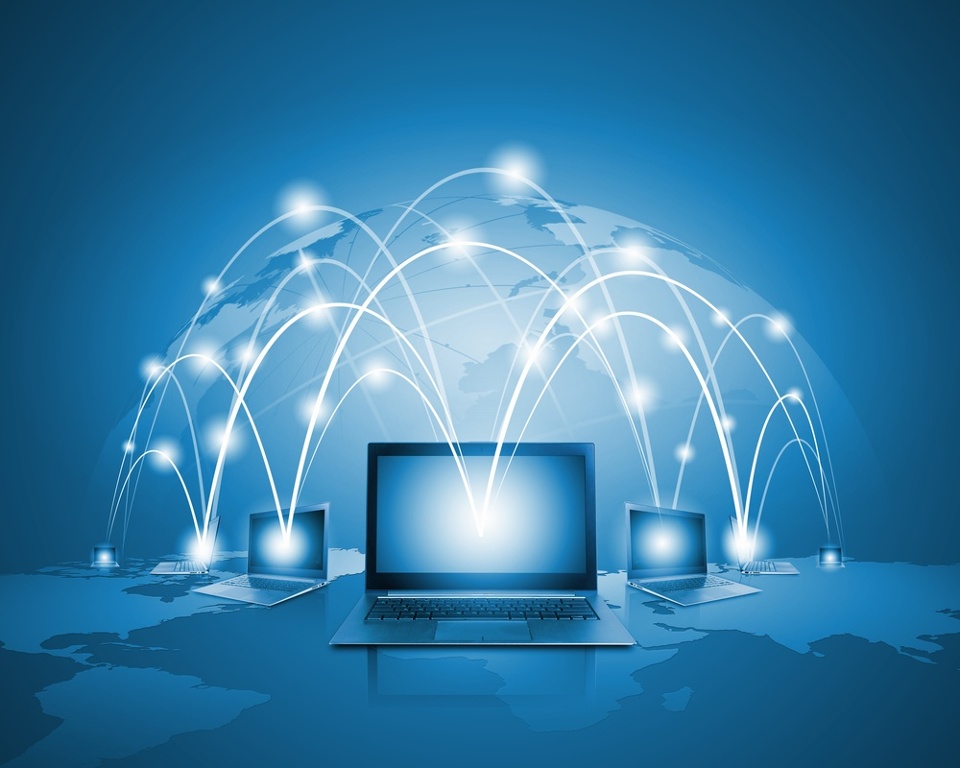3 Ways Why Healthcare Needs The Internet of Things (IoT)

By now we’ve all heard about the Internet of Things (IoT). The refrigerators capable of re-ordering food on our behalf. Security cameras that alert us whenever something seems amiss in our homes. And very soon, sensors and monitors will become ubiquitous in the healthcare space, continuing to revolutionize not only the way in which patients interact with doctors but also in the delivery of healthcare services. Today we examine three ways in which IoT will significantly impact healthcare operations.
Remote health and patient monitoring.
Nearly 64% of IoT use in the healthcare space is through patient monitors. While that figure may seem high to many, as we’ve discussed in prior posts, rural facilities are relying more heavily on telehealth and telemedicine measures to effectively deliver healthcare services in less populated areas. Patient monitoring not only helps with efficiencies in remote areas but more importantly, can allow doctors to monitor a patient when they are not under their direct care or hospital supervision. While not a replacement for emergency rooms or more urgent health situations, monitors can be critical in providing what practitioners crave most – patient data.
Medical equipment monitoring.
With adoption at higher rates than even patient monitoring, 73% of healthcare organizations use IoT for maintenance and monitoring of equipment. Philips Healthcare, a leader in healthcare products and systems, rolled out an e-Alert system to allow hospitals to receive notifications when equipment or systems require service. With zero downtime as the goal, these alerts allow the hospital to perform necessary maintenance or repairs before equipment or systems have to be taken completely offline, which presumably can result in a steep efficiency cost.
Staff compliance and hygiene.
A third component of IoT use in healthcare operations involves staff compliance, with hygiene at the core. The Center for Disease Control (CDC) in Atlanta estimates that one out of every 20 patients in a hospital will get an infection as a result of improper hand hygiene during their care. With potentially dire consequences at stake, monitoring simple tasks like hand-washing can be critical. Sensors can sound a silent alarm or notification if a practitioner moves toward a patient bed without having washed their hands from a prior encounter, not only notifying the offending clinician but also recording the episode into a database so that hospital management can address repeat issues with personnel.
With IoT investment in healthcare expected to top $163B by 2020, it’s clear we are just at the tip of the iceberg in terms of impact this new technology will have on the healthcare space. The future promises to be exciting.

